Bhatkal, (Uttara Kannada District), KARNATAKA :
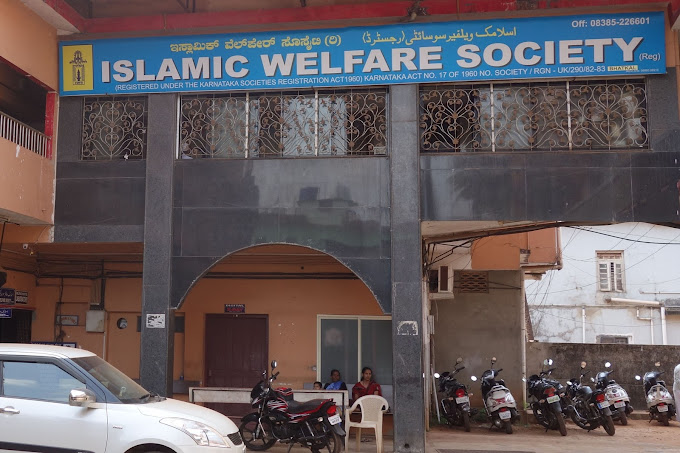
The Islamic Welfare Society in the coastal town of Bhatkal, on the shores of the Arabian Sea, has anchored the lives of lakhs of people within 40 years of its establishment. Registered under the Karnataka Societies Act, IWS provides interest-free Loans to people irrespective of religion, caste and creed. Around 15% of the beneficiaries are non-Muslims.
Loans worth around thirteen crore rupees were disbursed to more than 4800 marginalised persons last year for business, agriculture, education, house repair, medical treatment, marriage, etc. In the initial two months of the current financial year around 2200 people were provided with loans to the tune of 3 crore 42 lakhs.
During the tsunami of demonetization, the IWS rescued around 33 thousand people by offering loans amounting to 35 crores (2017-2019). Another disastrous wave of Covid-19 and the Lockdown gave a heavy blow to weaker sections. The IWS helped around 18 thousand badly-hit people, providing loans amounting to 31 crores (2019-2021).
Custodian, mentor
The Bhatkal Society acts as a custodian too. Various Masjids and NGOs keep their deposit for safety purposes with the Society.
The Society educates petty businessmen and small-time artisans to manage their funds. Pigmy deposit is an effective mode to promote saving habits. Society’s pigmy collectors procure around 1 lakh rupees daily to the needy at their door steps. With a pre and free consent of the depositors these funds are channelized as Interest Free Loans to needy persons. This brings spiritual solace to the depositors.
Systematic distribution of Zakat
The Society has got arrangements for collection and distribution of Zakath fund in an organized manner. Around 550 families of Bhatkal are benefitted through this Scheme. Deserving people in and around Bhatkal are provided with monthly pension of rupees 500, 300 and 200 per month out of the total sanctioned amount for the whole year. It is deposited in their accounts with the Society. The persons concerned withdraw the amount from their accounts as and when needed.
Monthly provision
Some philanthropists wish to help the poor with monthly provision, through the Society. Thirty poor families are provided with ration kits, costing rupees 1500, 1000 and 800. Some people deposit their Zakat amount along with a list of beneficiaries, concealing their identity with beneficiaries, and that amount is distributed accordingly.
Whereas many people deposit their Zakat amount in the Zakat Fund of the Society only and its distribution is left to the discretion of the Society.
Some others contribute particularly to medical needs of the poor. At an average five persons are benefited under this head every month. Even accident victims and people facing health emergencies are helped after confirmation from reliable sources.
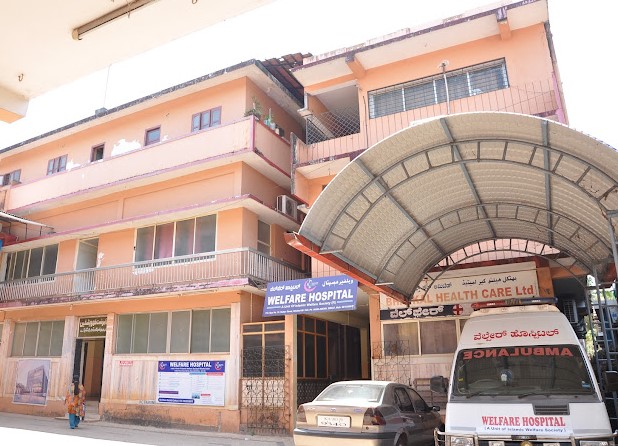
Another utilization of our Zakat Fund is education. Poor students of Govt. schools in and around Bhatkal are provided with their essential needs. About 700 deserving students take advantage of this scheme annually. The Society is undertaking distribution of Zakat silently.
Public health is a very vast field in social work. The Society has recently started its work on public health front too, running a hospital under the name of Welfare Hospital. Frequent traveling of people to the nearby Mangalore city for minor health problems has come down to a good extent.
source: http://www.radiancenews.com / Radiance News / Home> Features> Focus / by Mohammed Atherulla Shariff, Radiance News Bureau / July 13th, 2024
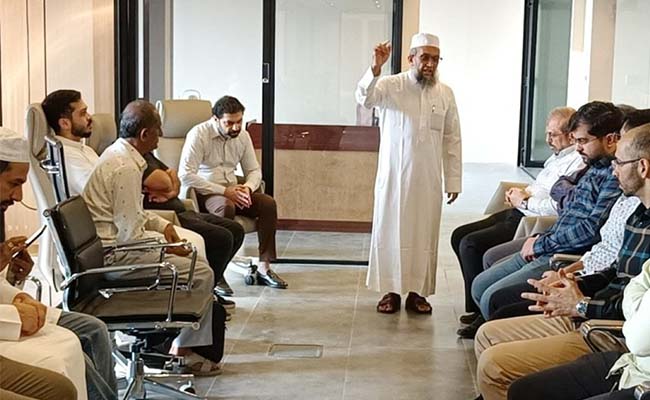
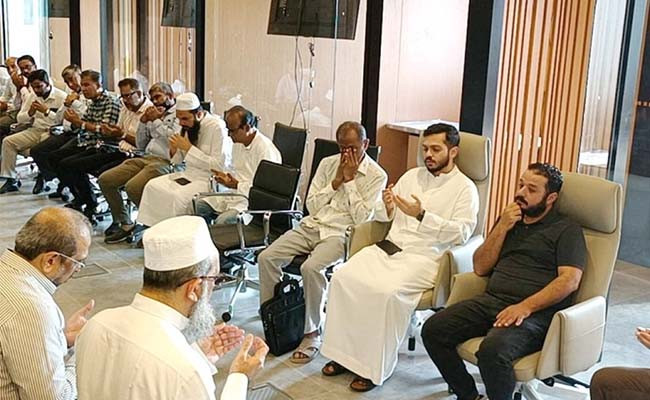
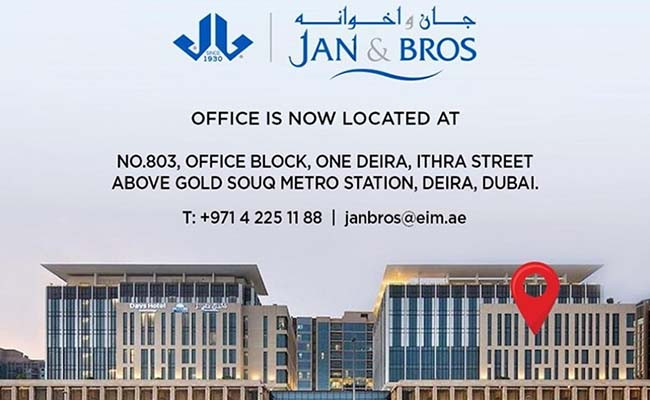

.png?w=640&dpr=1.0)








